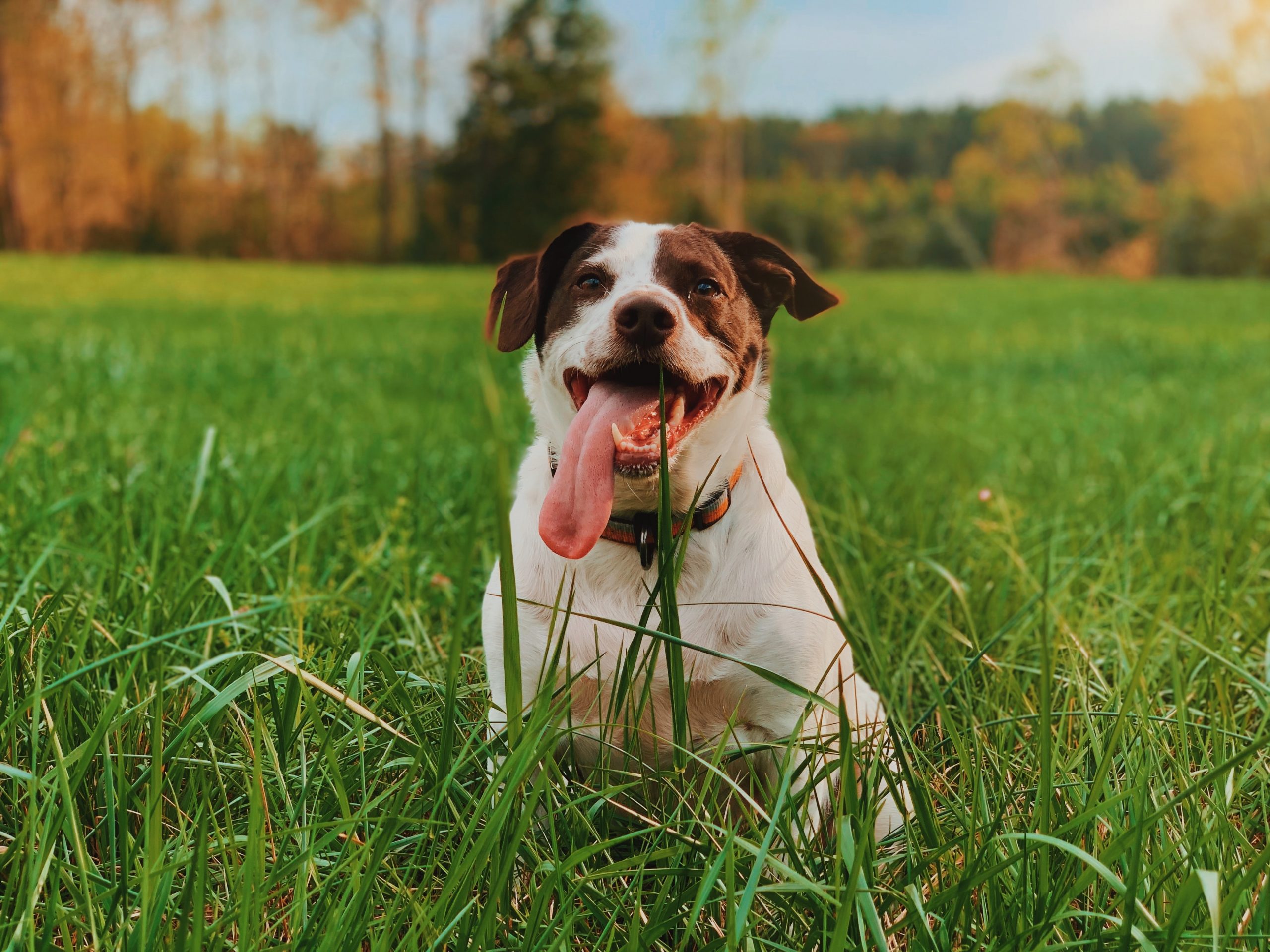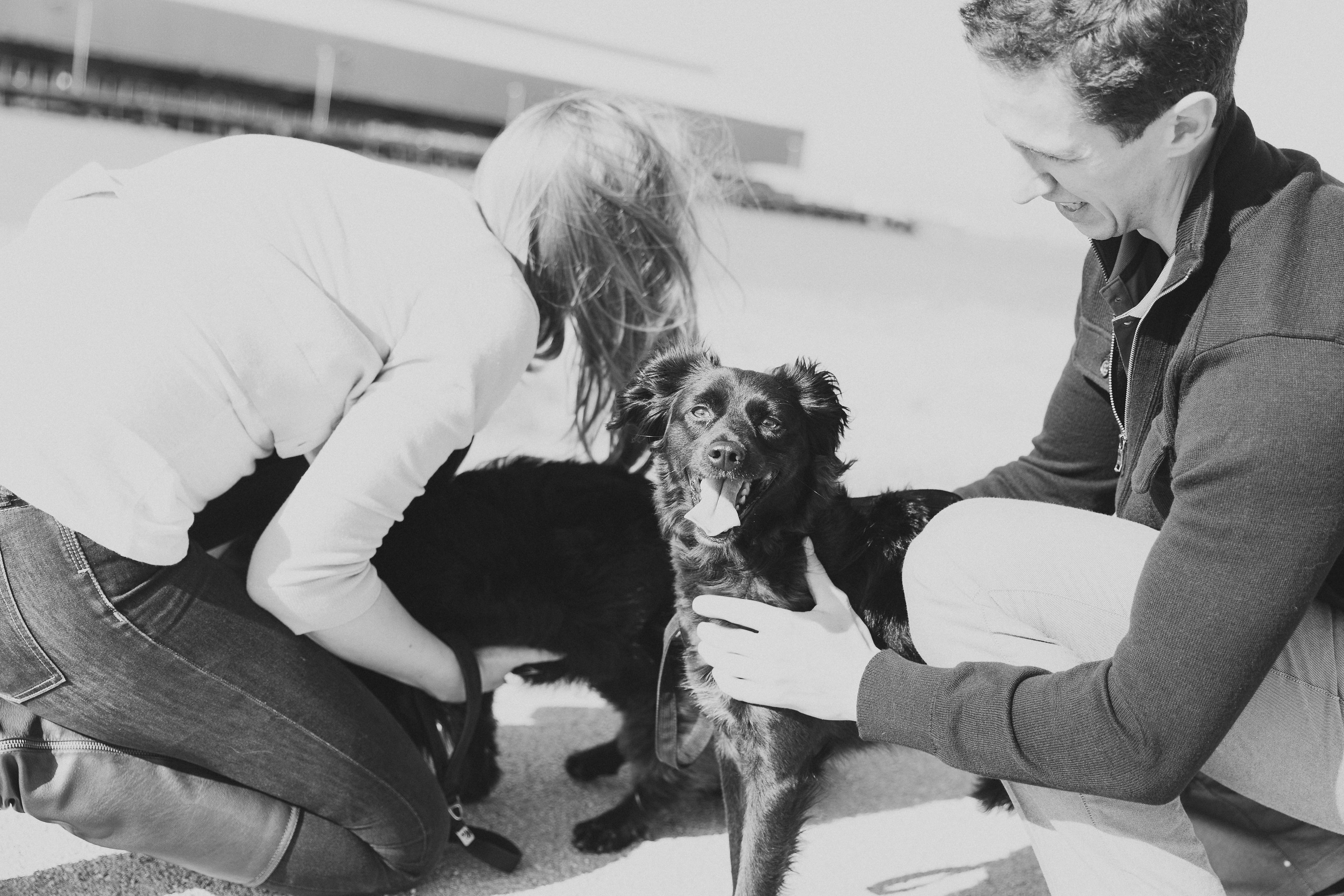Spring is finally here! Leaves and flowers are budding, and you are ready to nurture your lawn to be green and lush. While certain chemicals and feed are good for your grass, they may not be good for the health of your dog.
Here are some tips to keep your dog healthy and poison-free while he runs around in the yard:
PESTICIDES = PETICIDE
Homeowners generally have little idea how lethal pesticides and weed killers can be once applied to the lawn. To be clear, these chemicals do not harm your dog right away. Instead, they can cause terminal internal illness to your pet. Research has shown that pesticides can lead to respiratory problems, bladder cancer, or lymphoma.
When purchasing lawn feed or insect killer, look at the label. If the product contains dichlorophenoxyacetic acid, then it could cause a wide range of health issues such as mental problems, skin rashes, birth defects or even cancer. Some of the products that have this chemical in them include:
- Herbicides
- Crabgrass killer
- Flea & tick killer
- Weed killer
- Turf builder
“While certain chemicals and feed are good for your grass, they may not be good for the health of your dog.”
FERTILIZER
As a general rule, once applied to the lawn and absorbed or dried, man-made fertilizer is generally non-toxic to your pet. Keep in mind, however, that your dog may eat fertilizer from time to time, and those that include pesticide ingredients to kill grubs, snails, etc. can cause some gastrointestinal problems. If he eats large doses of fertilizer, then he may suffer from elevated levels of organophosphates, carbamates or iron in his system. If you observe the following symptoms in your pet, contact your veterinarian right away:
- Drooling
- Vomiting or diarrhea
- Abnormal fatigue
- Respiratory or heart problems
- Seizures
When applying any fertilizer (even this pet-safe fertilizer) to your lawn, wait at least 24-48 hours before allowing your dog to play in on the grass.
MULCH
If your dog is like most dogs, he will eat almost anything at least once! Mulch is often coated with fragrance or materials that carry a strong aroma. This attracts dogs who might be interested in chewing on its large chunks. While the mulch may not be toxic, it is common for dogs to choke on the pieces. Carefully monitor your dog after laying down in mulch to see how it will react to the chips. You may also want to explore fragrant-free options for the type of mulch you purchase.
CALL THE CANINE POISON HOTLINE
If you suspect that your dog has ingested any toxic chemicals, you should contact your local veterinarian immediately. You can also call the ASPCA Poison Center national hotline at 888-426-4435.

Photo by Casey Calhoun on Unsplash
If you enjoyed this post, you should read It's National Park Week... For You and Your Dog! here.
How do you keep your lawn green while keeping your dog safe?
